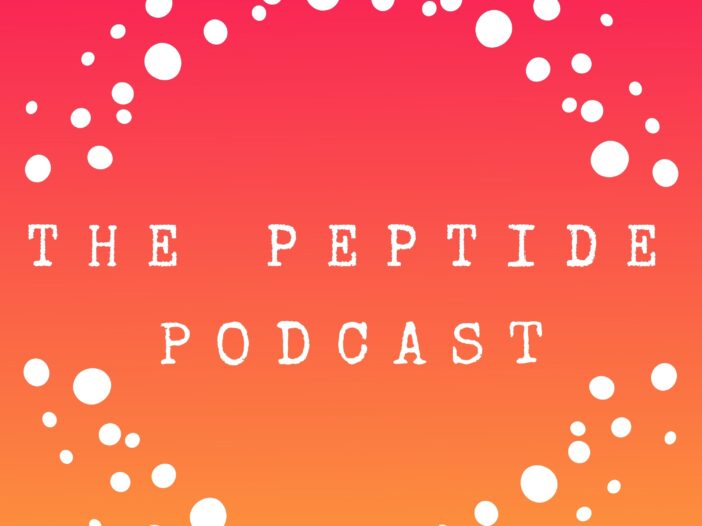
This week we are continuing our mini-series on low testosterone (low T).
Last week we covered clinical options to help replace testosterone, but there are many ways to boost your testosterone naturally. Today we’ll go over our favorite natural ways to help boost your low T to increase your energy, control body fat distribution, and maintain muscle and bone growth. All this and more in less than 5 minutes.
Does food affect testosterone?
You don’t have to be a nutritionist to know that our diets are important for overall health. Think back to the last time you overindulged in a big meal or fast food. As you finished your meal, you may have felt tired or sluggish. The food you eat should always make you feel your best so that you have the fuel to function properly — which includes the production and metabolism of hormones like testosterone.
There are many claims that certain foods can increase your testosterone levels. Some people believe that onions, garlic, ginger, shellfish, and fatty fish like tuna and salmon will help increase low T. Others believe that leafy green vegetables like spinach and kale, bananas and pomegranates, and eggs will help.
Why do people think that certain foods can boost low T?
Because testosterone helps to maintain muscle and bone growth and helps with energy levels, the idea of eating certain foods to boost low T has emerged.
What does the science say?
Many factors can, in fact, affect testosterone levels, with diet being one of them. Not getting enough nutrients like magnesium, vitamin D, and zinc can indirectly influence testosterone levels.
It’s important to remember that research has shown that a healthy diet and lifestyle might affect low T, but certain food probably won’t increase your testosterone levels. You must have testosterone supplementation.
However, you can use diet to potentially keep your testosterone levels from dropping. Eating a diet rich in protein, complex carbohydrates (e.g., oats, quinoa, legumes, sweet potato), and healthy fats (e.g., avocado and fatty fish like tuna and salmon) may help maintain your testosterone levels.
You can increase your vitamin D levels by eating fatty fish, spending more time in the sun, and taking supplements.
Minimize your stress
Easier said than done, right? Studies have shown that continued exposure to stress increases your levels of cortisol. We’ve discussed cortisol in our other podcasts. But as a refresher, cortisol is a hormone released into your bloodstream that causes an increase in your heart rate and blood pressure. It’s your natural “fight or flight” response. However, over time, if your body experiences repeated stress, you may begin to feel tired, irritable, depressed, and even experience weight gain. Cortisol also helps your body break down fats and suppress inflammation. This elevated cortisol decreases testosterone production.
Maintain a healthy weight
Extra belly fat has aromatase. Aromatase is an enzyme that converts testosterone into estrogen. And extra estrogen will trigger your body to make less testosterone. This is a nasty cycle where the more belly fat you accumulate, the less testosterone your body makes.
Drink less alcohol
Studies have shown that alcohol can decrease the enzyme responsible for testosterone production. Heavy drinking can increase cortisol levels, cause weight gain, and reduce testosterone production.
Get more sleep
Studies have shown that as little as 1 week of sleep deprivation can lower testosterone levels by 10% to 15%.
You can find more information at pepties.com. That’s peptides without the D. Where we are tying all the peptide information together.
Thanks again for listening to The Peptide Podcast. We love having you as part of our community. We hope you enjoyed the testosterone mini-series. If you love this podcast, please share it with your friends and family on social media. Have a happy, healthy week!
Pro Tip
We’re huge advocates of using daily collagen peptide supplements in your routine to help with skin, nail, bone, and joint health. But what do you know about peptides for health and wellness?
Giving yourself a peptide injection can be scary or confusing. But we’ve got you covered. Check out 6 tips to make peptide injections easier. And, make sure you have the supplies you’ll need. This may include syringes, needles, alcohol pads, and a sharps container.
Leave a Reply